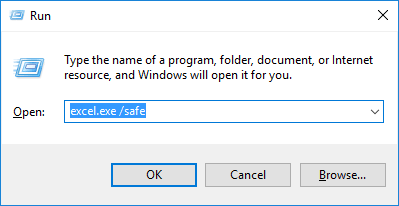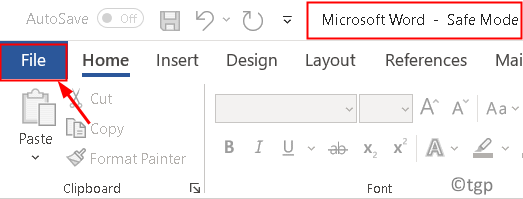
With so many new investors flocking to start-ups, due diligence is sometimes so minimal that it is used as a punchline, investors said.

That behavior still resonates today, as investors compete to pour money into Silicon Valley start-ups, which have been in a frenzied state of record-breaking fund-raising. Holmes’s trial has offered an especially clear picture of the many ways sophisticated investors can be swept up in the hype of a hot start-up, ignoring red flags that look obvious in hindsight. She and Theranos fell from grace - with investor money evaporating and the company shutting down in 2018 - after claims about its blood-testing technology were shown to be false. Holmes, 37, who faces a dozen counts of wire fraud and conspiracy to commit wire fraud she has pleaded not guilty. But they have been laid bare in recent weeks at the trial of Ms. The humiliating details of bad investments like Theranos are rarely displayed so prominently to the public. In 2014, the DeVos family invested $100 million into the company.

Holmes a gushing thank-you email for the opportunity.īryan Tolbert, an investor at Hall Group, said his firm invested $5 million in Theranos in 2013, even though it did not have a detailed grasp of the start-up’s technologies or its work with pharmaceutical companies and the military.Īnd Lisa Peterson, who handles investments for Michigan’s wealthy DeVos family, said she did not visit any of Theranos’s testing centers in Walgreens stores, call any Walgreens executives or hire any outside experts in science, regulations or legal matters to verify the start-up’s claims. Mosley invested $6 million in the company anyway - and wrote Ms. In 2014, Dan Mosley, a lawyer and power broker among wealthy families, asked the entrepreneur Elizabeth Holmes for audited financial statements of Theranos, her blood testing start-up.


 0 kommentar(er)
0 kommentar(er)
